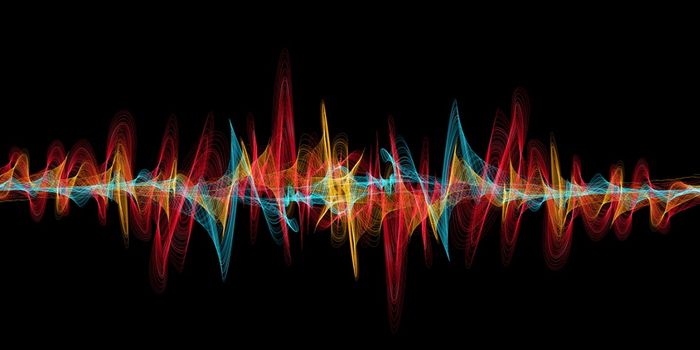CTE Affects Combat Veterans Exposed to Blast Waves
Chronic traumatic encephalopathy (CTE) is a neurodegenerative brain disease that is probably most well-known from the controversy over NFL players who developed the illness after playing the sport. The Boston University Center for the Study of Traumatic Encephalopathy is the undisputed epicenter of research and advocacy for patients and their families, having duked it out in legal battles with the NFL, the NHL, and the criminal justice system.
Former Patriots player Aaron Hernandez, who killed himself in prison, was autopsied by doctors in Boston and found to have the worst case of CTE ever seen in a person so young. The disorder is caused by repeated blows to the head, and while it's prevalent in professional sports, one area of patients that has been widely overlooked, are combat veterans. While a 2013 study did address the issues of CTE in service members, the focus has remained on professional athletes. Recent studies have shown promise in finding a way to diagnose the condition in a living patient, but so far that has happened only once. Damage from CTE causes patients to have out of control anger outburst, depression, anxiety, and all too often, suicidal tendencies.
The difference in combat veterans with CTE is in how it was acquired. CBS News magazine, 60 Minutes, recently featured a broadcast about the specific circumstances that cause CTE in veterans who have been in a war zone. According to the report, more than 300,000 soldiers have come home from war since 9/11 with some form of a traumatic brain injury. When some soldiers came back, they experienced changes like mood swings, anger and other symptoms that were attributed initially to PTSD and resulting mental illnesses like depression and anxiety disorders. Since CTE cannot be seen on CT scans or MRIs, and many soldiers had not experienced repeated impacts to the head, CTE was not considered.
After looking at the brains of service members who have died, and being contacted by families of soldiers who came home with neurological problems, Dr. Ann McKee, director of the BU Center realized an entire group of patients was likely being overlooked. CTE was happening in veterans who had been near explosives. A blast reverberates through the air, and this causes brain injury. She told CBS News, "This blast injury causes a tremendous sort of-- ricochet or-- or-- a whiplash injury to the brain inside the skull and that's what gives rise to the same changes that we see in football players, as in military veterans."
Dr. Lee Goldstein, a colleague of McKee's in Boston, has constructed a 25-foot blast tube in a lab at the center and is using a mouse model to image the ripple of sound waves that would occur after an IED explosion. He told CBS 60 Minutes reporter Sharyn Alfonsi, "This is a disease and a problem that we're going to be dealing with for decades. And it's a huge public health problem. It's a huge problem for the Veterans Administration. It's a huge moral responsibility for all of us." The full 60 Minutes segment from the 1/7/2018 broadcast can be seen here. The video included below has more information on the need for veterans to come forward and be part of the research.
Sources: CBS News, US Medicine, Concussion Foundation










